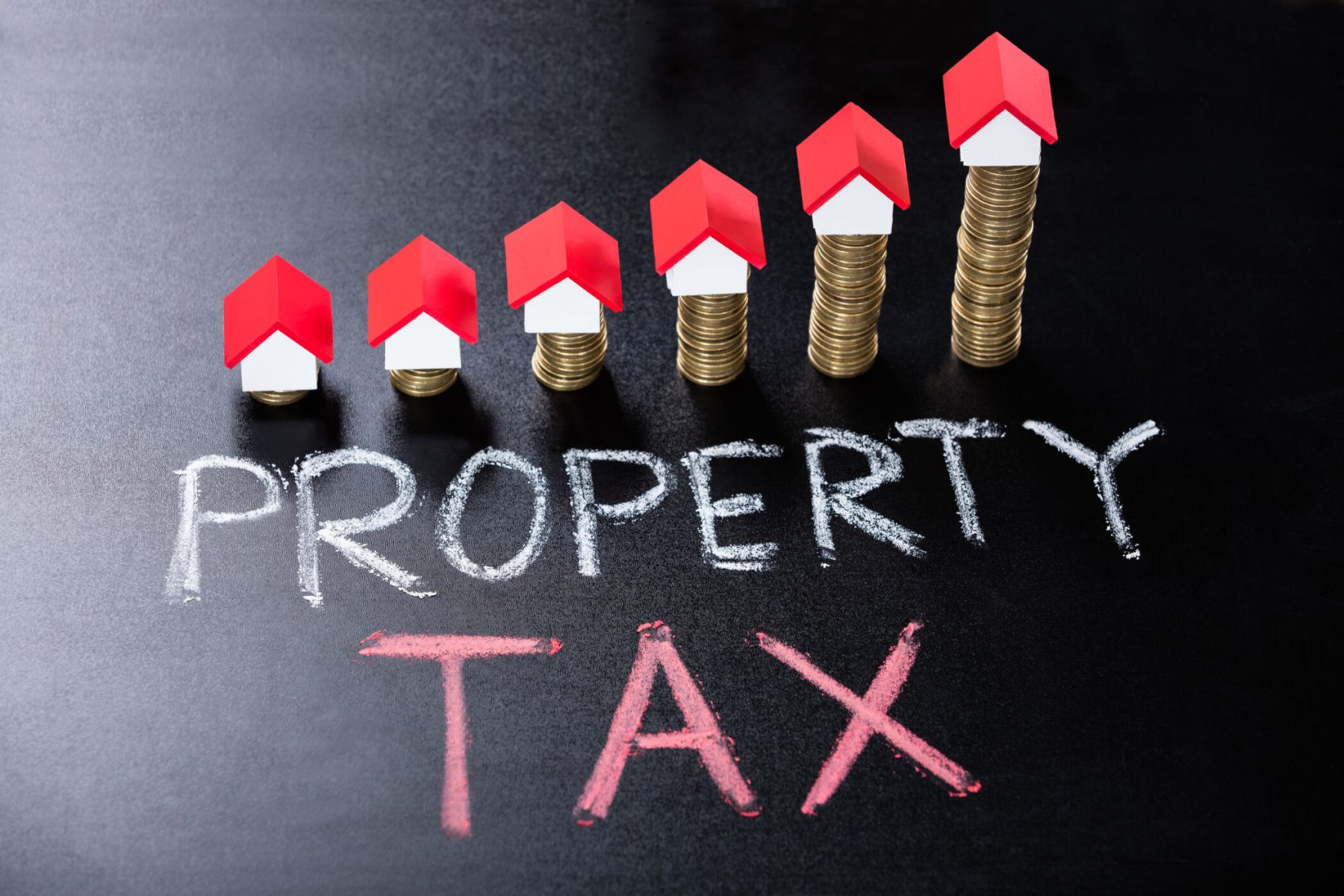Kansans are another step closer to major property tax reform, thanks to bipartisan efforts of the Senate tax committee. The committee unanimously passed two bills dealing with property tax reform and one income tax bill this morning.
Senate Substitute for House Bill 2118 contains the contents of two property bills previously passed by the Senate. SB 294, which passed 39-0 in February, is the so-called Truth in Taxation legislation that requires city and county officials to vote on the entire property tax increase they impose. SB 295 prohibits appraisers from raising valuations solely as the result of normal repair, replacement, or maintenance; it passed by a 38-1 margin in February.
Both bills have stalled in the House. The House Tax Committee may vote on SB 294 tomorrow but as we reported yesterday, the bill effectively dies unless they move it forward exactly as passed by the Senate. By placing SB 294 and SB 295 in a House bill that was already passed – called a ‘gut-and-go’ – the House can only vote yes or no on the bill; no amendments are permitted.
Senate Sub for HB 2118 also has a new measure that allows cities and counties to waive penalties and interest on late property tax payments, provided payments due May 11 are paid by August 10.
Committee members also unanimously approved another ‘gut-and-go’ that includes the contents of six property tax bills in Senate Substitute for HB 2490:
- SB 242 provides a property tax abatement for agricultural improvements destroyed by a natural disaster.
- SB 262, which passed the Senate 40-0, extends the time to file an appeal to 21 days following service of a summary decision from the Board of Tax Appeals.
- SB 264 provides for the removal of someone from the county appraiser eligibility list due to termination in one or more counties; it also passed by a 40-0 vote.
- SB 265, passed unanimously by the Senate, requires the state board of tax appeals to serve orders and notices by electronic means if requested by the party.
- SB 272 prohibits county appraisers and the state board of tax appeals (BOTA) from increasing the valuation of county appraised property in valuation appeals; it also passed unanimously.
- SB 297, another bill unanimously passed by the Senate, requires appraisal directives to require compliance with uniform standards of professional appraisal practice in the performance of property tax appraisals.
- SB 309 places the burden of proof on the county appraiser in certain valuation and classification appeal hearings before the district court; it passed by a vote of 36-3.
The committee also approved Senate Substitute for HB 2466, which would waive penalties and interest on income tax payments due April 15, provided payments are made by July 15.
Senate President Susan Wagle ordered several committees to meet in person this week at the capitol to deal with a series of COVID-related issues ahead of the Legislature’s one-day wrapup session on May 21.
In a press release, Wagle congratulated the committee and its Chair, Caryn Tyson, for conducting a thorough, in-person public hearing saying, “I certainly appreciate the fact that the committee conducted the meeting safely and got the work done. There is no reason property tax relief should not have been provided before the deadline.”
Tyson also was congratulated at the hearing by Senator Tom Holland (D-Baldwin City) for her stewardship of property tax reform and other complex issues and engaging all members of the committee over the last two years.
Wagle’s release says Assessment and Tax Committee Chair Caryn Tyson has championed tax transparency throughout the 2020 legislative session. “We’re all very fortunate to have dedicated committee members who understand the value of providing tax transparency and improving the appeal process. Kansans need and deserve this relief, especially now,” says Tyson.
Property taxes imposed by cities, counties, and other local government entities in Kansas increased by 180% from 1997 to 2019, which is more than three times the inflation increase of 52%. That’s even a greater increase than education property taxes, which rose 142%.
If the full Senate passes each bill on May 21, they will go the House; and if the House approves, they go Governor Kelly for her signature (or a veto.)



